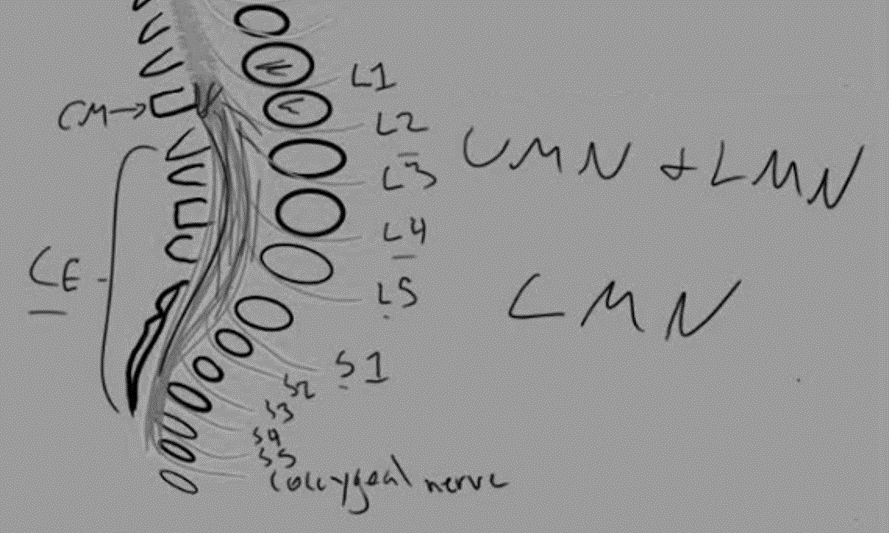Blatchford Score
Blatchford score is recommended by NICE for 1st assessment.
| Admission risk marker | Score component value |
|---|---|
| Blood Urea (mg/dL) | |
| 18.2-22.4 | 2 |
| 22.4-28 | 3 |
| 28-70 | 4 |
| >70 | 6 |
| Haemoglobin (g/L) for men | |
| 12.0-12.9 | 1 |
| 10.0-11.9 | 3 |
| 10.0 | 6 |
| Haemoglobin (g/L) for women | |
| 10.0-11.9 | 1 |
| 10.0 | 6 |
| Systolic blood pressure (mm Hg) | |
| 100–109 | 1 |
| 90–99 | 2 |
| 90 | 3 |
| Other markers | |
| Pulse ≥100 (per min) | 1 |
| Presentation with melaena | 1 |
| Presentation with syncope | 2 |
| Hepatic disease | 2 |
| Cardiac failure | 2 |
Score is equal to “0” if the following are all present:
Mnemonic: A-B-C-D-E-F
- Active patients with syncope or who have melena
- BUN – elevation of ≥ 6.5 mg/dL
- Circulation – systolic blood pressure of ≥ 110 mm Hg
- Drop” in hemoglobin – for men and women, this is ≤ 12.9 g/dL and ≤ 11.9 g/dL, respectively
- Elevated” – pulse rate ≥ 100 pulses/min
- Failure – cardiovascular or liver disease
Score interpretation:
- 0: Low risk
- >0: High risk (medical intervention, transfusion, endoscopy or surgery)
- 8 or more: ICU admission
Clinical Rockall Score
1. Age (years):
- <60: 0
- 60-79: 1
- ≥80: 2
2. Shock:
- HR >100/min: 1
- SBP <100 mmHg, Ischemic heart disease, Congestive heary failure, any major comorbidity: 2
- Renal failure, Liver failure, Metastatic malignancy: 3
Score >0 is regarded as high risk.
Rockall Score
Rockall score must be assessed pre-endoscopy and post-endoscopy.
Clinical + Endoscopic findings
Mnemonic: ABCDE
| Variable | Score 0 | Score 1 | Score 2 | Score 3 |
|---|---|---|---|---|
| Age | <60 | 60- 79 | >80 | |
| BP | No shock | Pulse >100 BP >100 Systolic | SBP <100 | |
| Co-morbidity | Nil major | CHF, IHD, major morbidity | Renal failure, liver failure, metastatic cancer | |
| Diagnosis | Mallory-Weiss | All other diagnoses | GI malignancy | |
| Evidence of bleeding | None | Blood, adherent clot, spurting vessel |
A score less than 3 carries good prognosis but total score more than 8 carries high risk of mortality.
Forrest Classification (Endoscopic)
| Forrest Classification | Rebleeding Incidence | Surgical Requirement | Incidence of Death |
|---|---|---|---|
| Type I: Active Bleed Ia: Spurting Bleed Ib: Oozing Bleed | 55-100% | 35% | 11% |
| Type II: Recent Bleed Ila: Non-Bleeding Visible Vessel (NBVV) Ilb: Adherent Clot | 40-50% | 34% | 11% |
| 20-30% | 10% | 7% | |
| Type III: Lesion without Bleeding Flat Spot Clean Base | 10% | 6% | 3% |
| 5% | 0.5% | 2% |
Medications used in Upper GI Bleeding:
Omeprazole: 80 mg bolus of omeprazole intravenously, followed by 8 mg/hr for 3 days.
Octreotide: Octreotide therapy should be empirically administered in patients with GIB and significant liver disease, a history of variceal bleeding, a history of alcoholism, or highly abnormal liver function tests. The recommended dose of octreotide is a 50-μg bolus followed by 50 μg/hr intravenously.
Source: Rosen’s Emergency Medicine Concept and Clinical Practice – 8th edition




